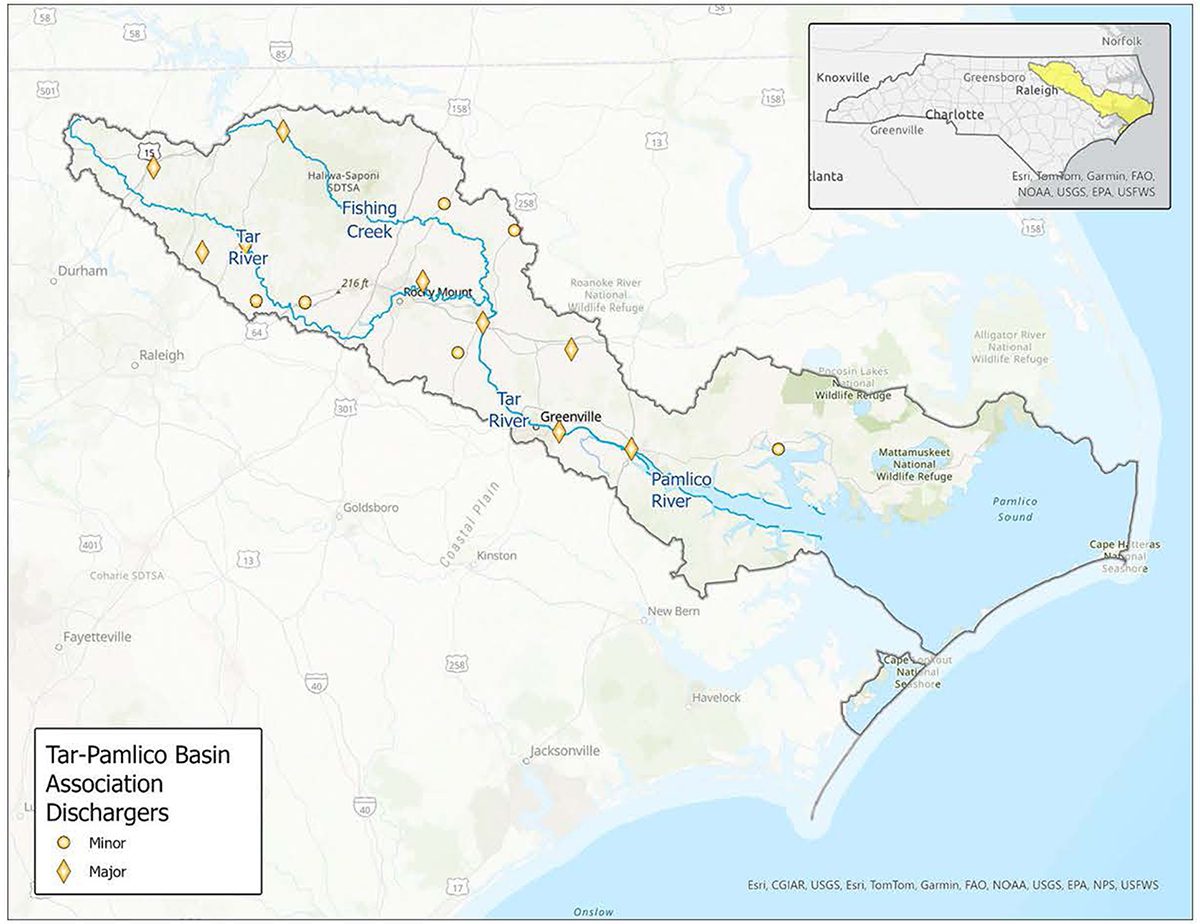
The Environmental Management Commission, when it meets this month, is to consider approving a public notice and hearing on proposed revisions to wastewater-discharge rules put in place to reduce fish kills, harmful algal blooms and other longstanding water quality problems in the Pamlico estuary.
The commission’s committees are to start meeting at 8:45 a.m. Wednesday, Nov. 13, and the full commission is set to meet at 9 a.m. Thursday, Nov. 14, both in the ground-floor hearing room of the Archdale Building in Raleigh.
Supporter Spotlight
The public is welcome to attend the meeting in person, by phone or livestream. Instructions for how to join as well as the agendas and supporting documents are on the commission website.
The commission oversees and adopts rules for several divisions of the Department of Environmental Quality, including the divisions of Air Quality, Land Resources, Waste Management and Water Resources.
The commission in 1989 designated the entire Tar-Pamlico River watershed as nutrient-sensitive waters because of the problems choking its marine life.
In 1990, the Division of Water Resources and the commission signed an agreement with the Tar-Pamlico Basin Association, a group of point-source wastewater dischargers. The current version of the agreement expires next year.
A point-source discharge is “any single identifiable source of pollution from which pollutants are discharged, such as a pipe, ditch, ship or factory smokestack,” according to the Environmental Protection Agency.
Supporter Spotlight
The commission adopted in 2001 the Tar-Pamlico Nutrient Strategy, a set of rules designed to regulate nutrient pollution from wastewater, stormwater and
agricultural nutrient sources.
Officials say that the agreement’s renewal would continue work toward nutrient point-source reduction objectives and provide a clear regulatory path.
Also on the slate for the two-day session, the air quality committee is scheduled to meet first on Nov. 13, followed by water allocation, water quality and groundwater committees.
Each committee is expected to consider approving steps of the rulemaking process for a handful of permit changes. The water quality committee is to hear updates on per- and polyfluoroalkyl substances, or PFAS, source reductions and minimization plans based with a focus on the steps Michigan has put in place, and on 1,4-dioxane.







